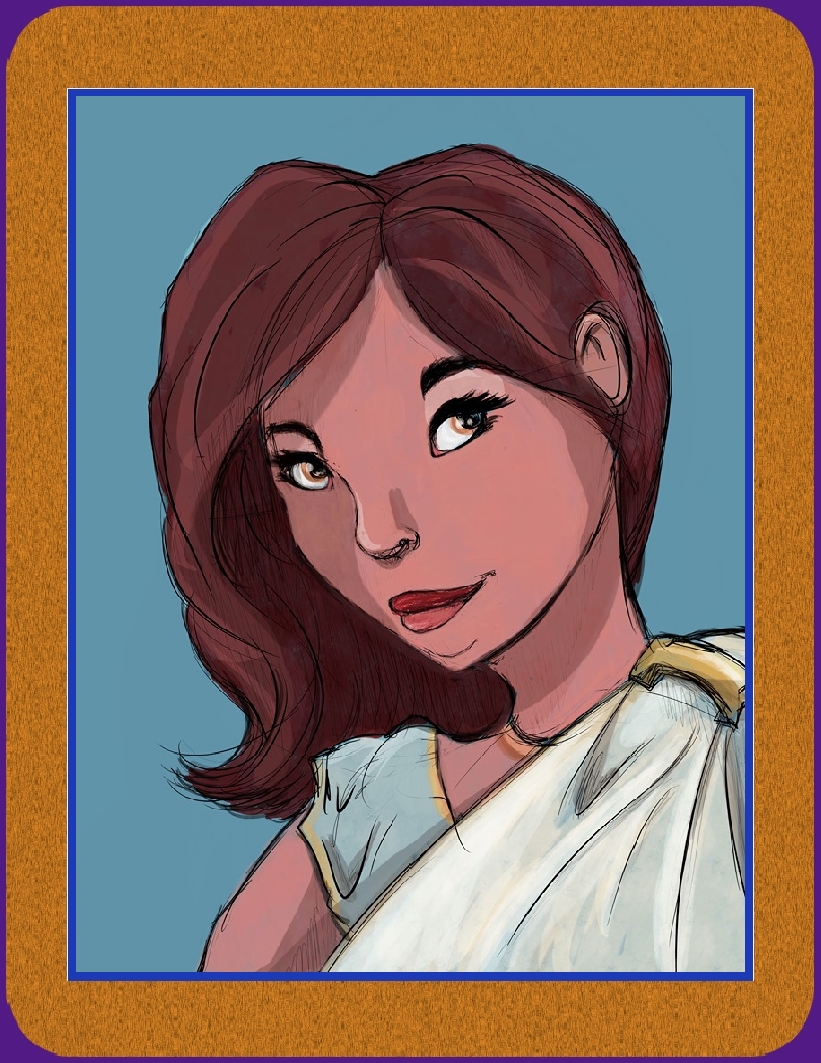
(Alana goes next level in describing her work with the dolphins where she breaks down the mathematics involved in dolphin speech. We find out why dolphins feel more comfortable interacting with humans down here recently and how her work is going with them concerning inter-species communication.)
Russ: okay, dolphins sweetheart.
Alana: uh-huh.
Russ: I have a question for you actually.
Alana: uh-huh.
Russ: I was watching a special on dolphins and the places where they tend to congregate?
Alana: uh-huh.
Russ: according to this show I saw, the only one place in the world where the dolphins actually seek out humans is that place in Australia, Monkey Mia.
Alana: uh-huh.
Russ: Monkey Mia but then I’m looking at Cancun as a place to go to find dolphins at because that is a place you can go and swim with the dolphins right?
Alana: uh-huh.
Russ: so is this a change in dolphin behavior…..
Alana: no.
Russ: where they’re seeking out humans more now or…...?
Alana: no, in the past they used to seek out and help humans all the time.
Russ: oh, well why would…..I mean there’s all kinds of places you can go out and see dolphins now.
Alana: uh-huh, it is because they are feeling safe again.
Russ: oh okay.
Alana: it used to be that when you have dolphins, what normally do you have around dolphins or what are dolphins normally around shepherding and pushing and……?
Russ: fish.
Alana: uh-huh.
Russ: and getting netted and killed and all kinds of stuff.
Alana: that’s right, now they're starting to feel safe again.
Russ: hmm, so that's why we're starting to see them more often?
Alana: because no longer are you the big, bad guys.
Russ: hmm, well I can’t wait for March, it should be fun.
(I had reserved a wild dolphin swim in Cancun)
Alana: uh-huh, I’ll spend more time with mother when you head down there.
Russ: okay and how’s work my dear?
Alana: oh fun, fun.
Russ: yeah, any news lately?
Alana: no.
Russ: nothing from the dolphin pool?
Alana: no, nothing much apart from them playing a lot and the one female dolphin going off and hiding a lot.
Russ: hmm.
Alana: she’s got to the point where she’s getting close so she doesn't want to be bothered by the other dolphins.
Russ: I don’t blame her.
Alana: uh-huh.
Russ: and have we talked about there being super operant dolphins?
Alana: yeah.
Russ: we have?
Alana: uh-huh.
Russ: we agreed there were?
Alana: yes.
Russ: right.
Alana: uh-huh.
Russ: I wonder if they have the same mental problems sometimes that regular super operant have to do?
Alana: I don’t know.
Russ: and dolphins do get serious?
Alana: obviously.
Russ: I don't know, they always have this permanent smile and are always having a good time.
Alana: oh yeah, always are having a good time, they don’t have the stress and strains that we do.
Russ: must be nice.
Alana: uh-huh but I do love being in the water with them.
Russ: yeah, well the energy, the vibes.
Alana: oh yeah.
Russ: yeah.
Alana: yeah, I got asked the other day by one of the dolphins using an experimental headset to translate what he was saying right? And he wanted to know why was it that I wore skin, an external skin? And I told him because…..
Russ: a wetsuit?
Alana: sorry?
Russ: your wetsuit?
Alana: uh-huh. I told him because the fact that it means that I could dive deeper in the water and be down there longer with them if I used a breathing apparatus and they said that they preferred me with my normal skin and that they would come up when I was around that they would be up higher up in the water where it was warmer.
Russ: hmm.
Alana: so I’ve done away with my wetsuit skin.
Russ: well that’s good.
Alana: uh-huh, they enjoy it.
Russ: so how is this experimental thing doing? Sounds like you’re reaching some pretty good points in your research that you've been trying to work on for a long time.
Alana: it takes a longer time, I want to be able to do away with the communication setup, the headset. I want to be able to do it mind-to-mind……
Russ: hmm.
Alana: but I think there might be some mental programs that I’d have to write.
Russ: just the translation factor would be a tough one.
Alana: yeah, that’s what I mean by mental programs.
Russ: hmm, now you’ve heard Tia speaking in Durondedunn right?
Alana: uh-huh.
Russ: now her use of Durondedunn has a lot of inflection, a lot of changes in volume, pitch and tempo.
Alana: uh-huh and tone.
Russ: and tone as similar to a dolphin in many ways as far as the nuances are so slight that it takes someone who could speak dolphin to understand them…..
Alana: yeah.
Russ: same as Durondedunn.
Alana: uh-huh.
Russ: you’d have to know how to speak Durondedunn to tell it nuances that are coming off.
Alana: that’s correct.
Russ: hmm, so that’s the program you have to write?
Alana: uh-huh, I am taking mind programming classes at the moment.
Russ: well that’s good.
Alana: uh-huh which is very entertaining.
Russ: why is that?
Alana: oh it’s a whole new learning experience for me.
Russ: hmm, now what do those include?
Alana: it involves a lot of not so much imagery as thought patterns.
Russ: so you have to control your thought patterns…..
Alana: uh-huh.
Russ: very much so.
Alana: yes.
Russ: hmm and that’s where the class comes in?
Alana: that’s right, it’s not so much visualizing and colors and there’s a lot of mathematical equations and you have to know what they mean to be able to generate the thought pattern to do so.
Russ: wow.
Alana: it’s not visualizing anymore.
Russ: well why is it mathematics come into it?
Alana because you need the mathematics to formulate the mental waves.
Russ: I don’t understand that part because I always thought when listening to dolphin speech….
Alana: uh-huh.
Russ: it’s a series of clicks, whistles and…..
Alana: yes but there's the inflection.
Russ: right, well is it a number of tones divided by a number of tones kind of deal?
Alana: no, the waveform patterns and the mathematical formulas are what makes the wave behave in a particular way. If you use O over three divided by seven multiplied by N add in C equated by D two F one, you see that makes the wave behave in a particular waveform.
Russ: what’s O stand for?
Alana: O stands for the oscillation level.
Russ: oh, okay. Hmm, thank you.
Alana: you see F2 is the frequency level not to be confused with F or F1 which is something else I’m not too sure about, you’d have to ask Kiri. Talking of Kiri…..
Russ: well I’ll let you go my dear but thank you very much, I’m going to try to comprehend all this.
Alana: okay.
Russ: wish me luck.
Alana: uh-huh I will.
Russ: all right, bye love.
Alana: bye.
 |
 |
